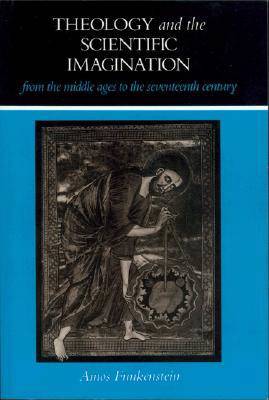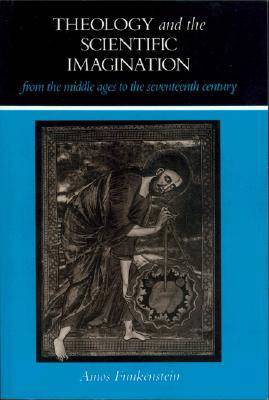
- Retrait gratuit dans votre magasin Club
- 7.000.000 titres dans notre catalogue
- Payer en toute sécurité
- Toujours un magasin près de chez vous
- Retrait gratuit dans votre magasin Club
- 7.000.0000 titres dans notre catalogue
- Payer en toute sécurité
- Toujours un magasin près de chez vous
Theology and the Scientific Imagination from the Middle Ages to the Seventeenth Century
Amos FunkensteinDescription
This pioneering work in the history of science, which originated in a series of three Gauss Seminars given at Princeton University in 1984, demonstrated how the roots of the scientific revolution lay in medieval scholasticism. A work of intellectual history addressing the metaphysical foundations of modern science, Theology and the Scientific Imagination raised and transformed the level of discourse on the relations of Christianity and science. Amos Funkenstein was one of the world's most distinguished scholars of Jewish history, medieval intellectual history, and the history of science. Called a genius and Renaissance man by his academic colleagues, Funkenstein was legendary for his ability to recite long literary passages verbatim and from memory in Latin, German, French, Hebrew, Yiddish, and Greek decades after he had last read them. A winner of the coveted Israel Prize for History, Funkenstein was born and raised in Palestine and received his Ph.D. in history and philosophy at the Free University of Berlin in 1965, as one of the first Jewish students to receive a doctorate in Germany after World War II.
Author of seven books and more than fifty scholarly articles in four languages, Funkenstein was at the height of his powers in Theology and the Scientific Imagination, which ends with the author's influential discernment of the seventeenth century's "unprecedented fusion" of scientific and religious language. It remains a fundamental text to historians and philosophers of science.
Spécifications
Parties prenantes
- Auteur(s) :
- Editeur:
Contenu
- Nombre de pages :
- 460
- Langue:
- Anglais
Caractéristiques
- EAN:
- 9780691084084
- Date de parution :
- 21-12-86
- Format:
- Livre relié
- Format numérique:
- Genaaid

Les avis
Nous publions uniquement les avis qui respectent les conditions requises. Consultez nos conditions pour les avis.






